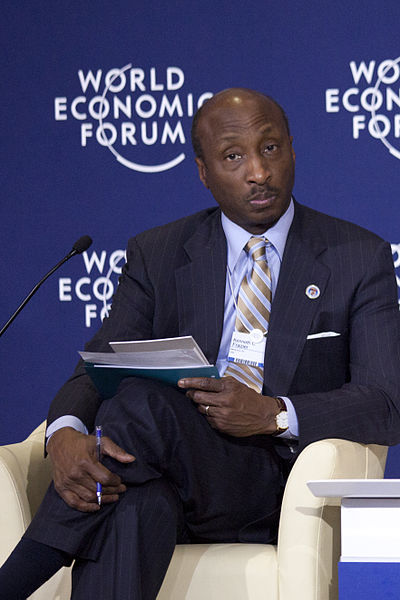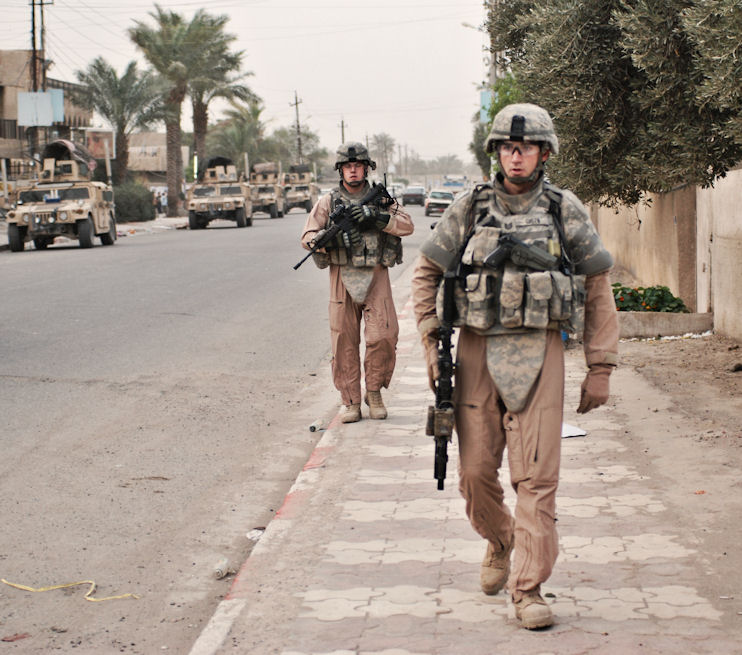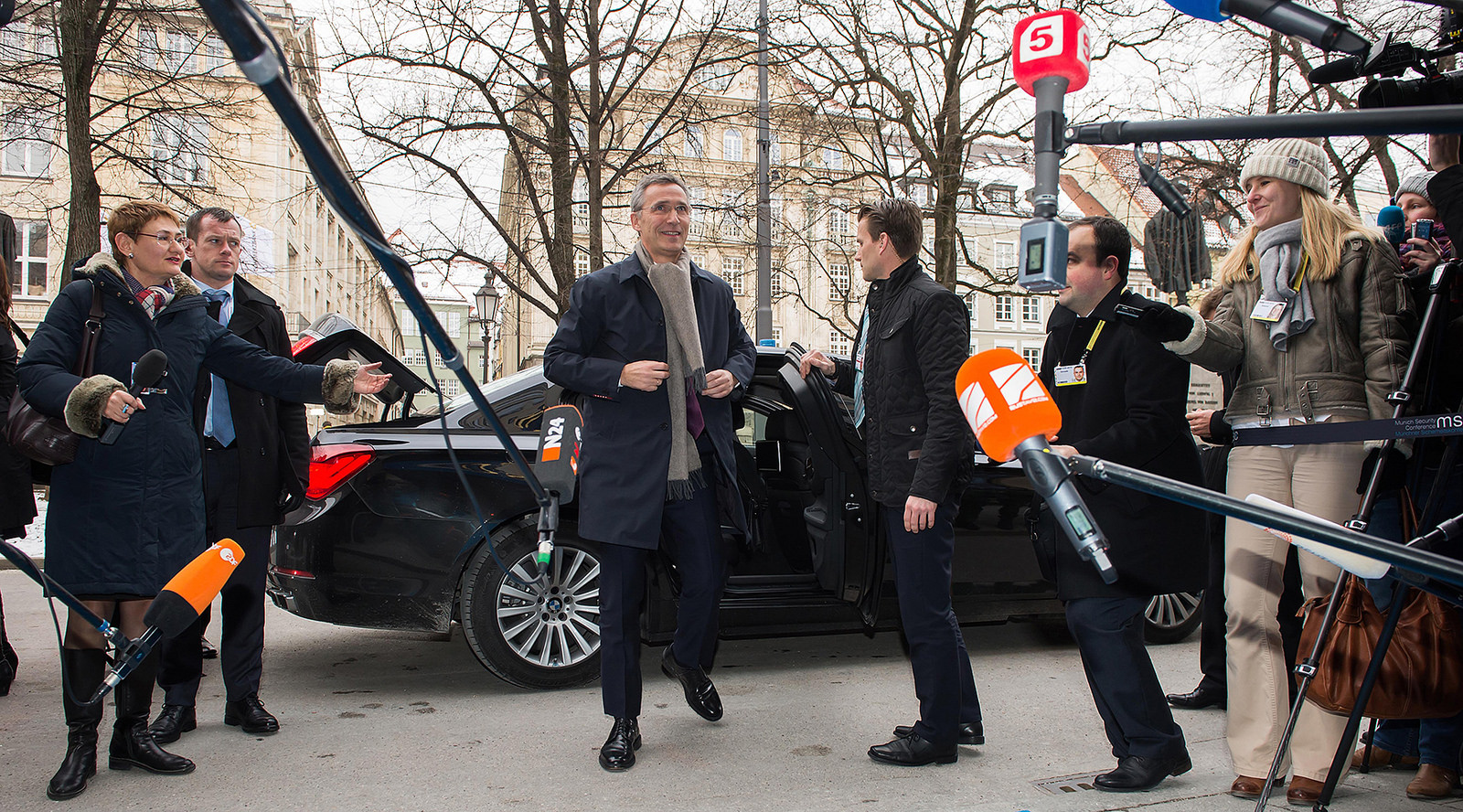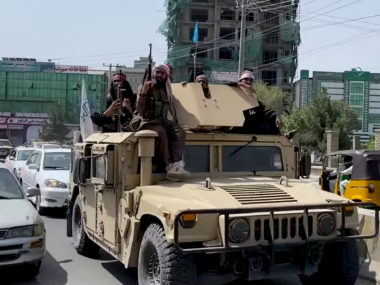Guest post by Jennifer Raymond Dresden
In recent weeks, Mozambique celebrated a major milestone in its recovery from decades of violence when the country’s last known landmine was destroyed. Mozambique had been one of the most mined countries in the world, with over 170,000 mines spread across more than 1,000 minefields. These were the product of the struggle for independence from Portugal and a 16-year civil war between the Frelimo-controlled government and the rebel group Renamo that ended by peace agreement in 1992. Removing them all has taken years of work (including some by mine-sniffing rats).
Yet proclamations that the country can finally move on from its history of violence must ring hollow for many. Since 2013, Renamo has been engaged in a low-level insurgency that has disrupted major transportation routes and sent civilians fleeing to neighboring Malawi. Negotiations temporarily paved the way for last year’s elections to go forward, but Renamo’s leader, Afonso Dhlakama, subsequently rejected the results and the remainder of the agreement has gone unimplemented amidst renewed tensions.
Renamo has justified its return to violence by proclaiming the illegitimacy of Frelimo’s political dominance. Since independence in 1975, the formerly Marxist-Leninist party has governed Mozambique. Despite the introduction of democratic institutions at the end of the civil war, Frelimo has continued to firmly control both the presidency and the legislature. Though it performed well in early post-conflict elections, Renamo has lately seen a rapid decline in its political fortunes and in 2009 Dhlakama took just 16.4% of the presidential vote. Having evidently determined that its prospects for electoral victory are slim, Renamo decided to once again introduce violence as a strategy of pressuring the government.
These events have their roots in the war that ended more than twenty years ago. For electoral competition to be sustained over time, a country needs both an incumbent and an opposition that are capable of mobilizing popular support across repeated election cycles. Since control of the state gives an incumbent the advantage, the abilities of the opposition are particularly important.
In research recently published in Conflict Management and Peace Science, I find that whether an incumbent party wins repeated elections following armed conflict is determined in part by the capabilities gained by rebels while the fighting is ongoing. All groups engaged in civil war develop skills, organizational structures, and resources in order to pursue their desired outcome. Some capabilities, such as fighting skills, are largely useful only in the context of violence. Others, such as mobilizing support from local civilians, can be converted from military to electoral use once the shooting stops and campaigns begin. Groups with these convertible capabilities are likely to have greater success in post-conflict elections than those whose capabilities were more exclusive to war. The difference in the fates of the Revolutionary United Front (RUF) in Sierra Leone and the Farabundo Marti National Liberation Front (FMLN) in El Salvador illustrates the point. The former has never won a seat in parliament, while the latter eventually won control of the presidency.
While there are many types of convertible capabilities, rebel political organization plays an especially large role. When a rebel group develops a separate political wing during war, the likelihood that the incumbent party remains in office twenty years later drops from 75% to roughly 50%. Rebel groups that institutionalize political interactions with civilians before the conflict even ends are well-positioned to present a serious electoral challenge in the future. The effects become more complex in conflicts with multiple rebel groups and where rebels’ convertible capabilities are less institutionalized, but the broader point tends to hold: rebel groups without convertible capabilities will have a difficult time making the transition from militarized opposition to political opposition and are unlikely to unseat the incumbent. A government that could not dominate the battlefield may still be able to dominate the ballot box.
This is at the heart of Renamo’s problems in Mozambique. During the war, Renamo built an organization that was highly centralized and Dhlakama generally prevented the growth of autonomous power centers. Accordingly, the group had no separate political wing and thus few political operatives with the networks and skills to build a party. In the first two elections after its transformation into a political party, Renamo was able to attract enough voters discontented with Frelimo to make the contests competitive. It did not, however, have the organizational capacity to sustain their loyalty when those elections did not actually lead to a change in power.
The return to violence has been an effort to re-write the terms of peace. In the long run, however, even such a “do-over” would be unlikely to lead to a Renamo electoral victory. The party would have to overcome the thirty-year legacy of an operational structure forged in the crucible of civil war. With authority still so concentrated with Dhlakama himself, those hoping for Frelimo’s defeat in future elections shouldn’t hold their breath.
Jennifer Raymond Dresden is a PhD candidate in the Department of Government at Georgetown University.







1 comment